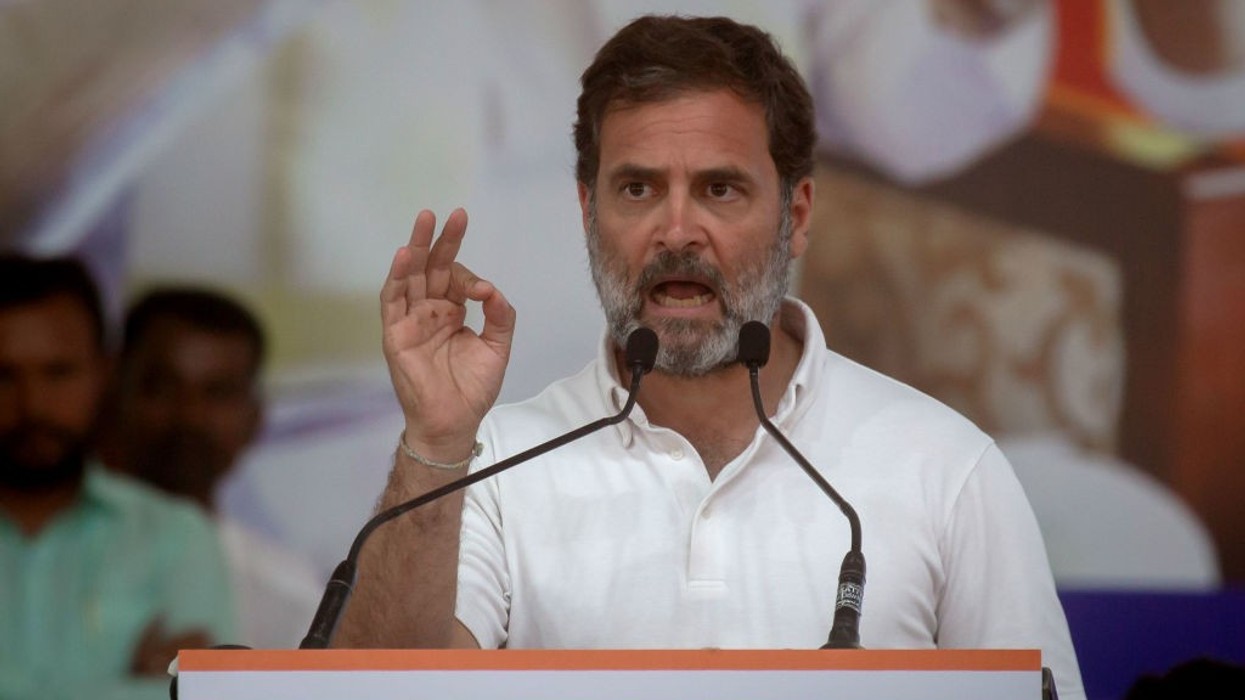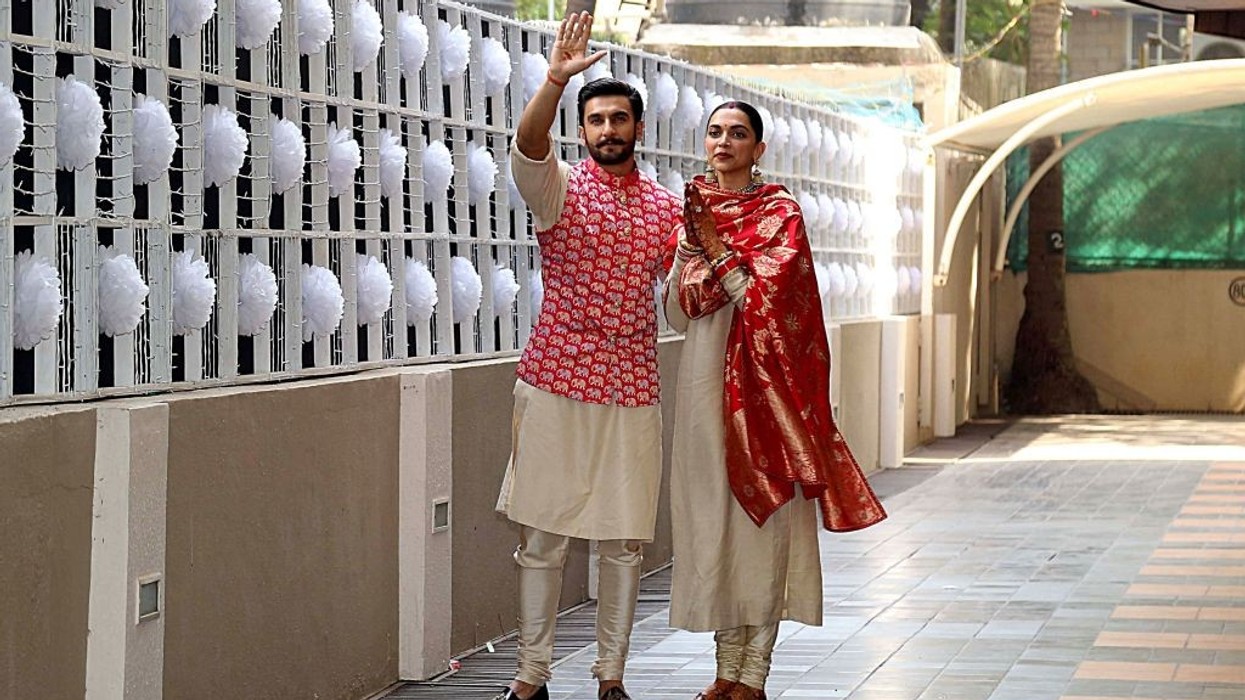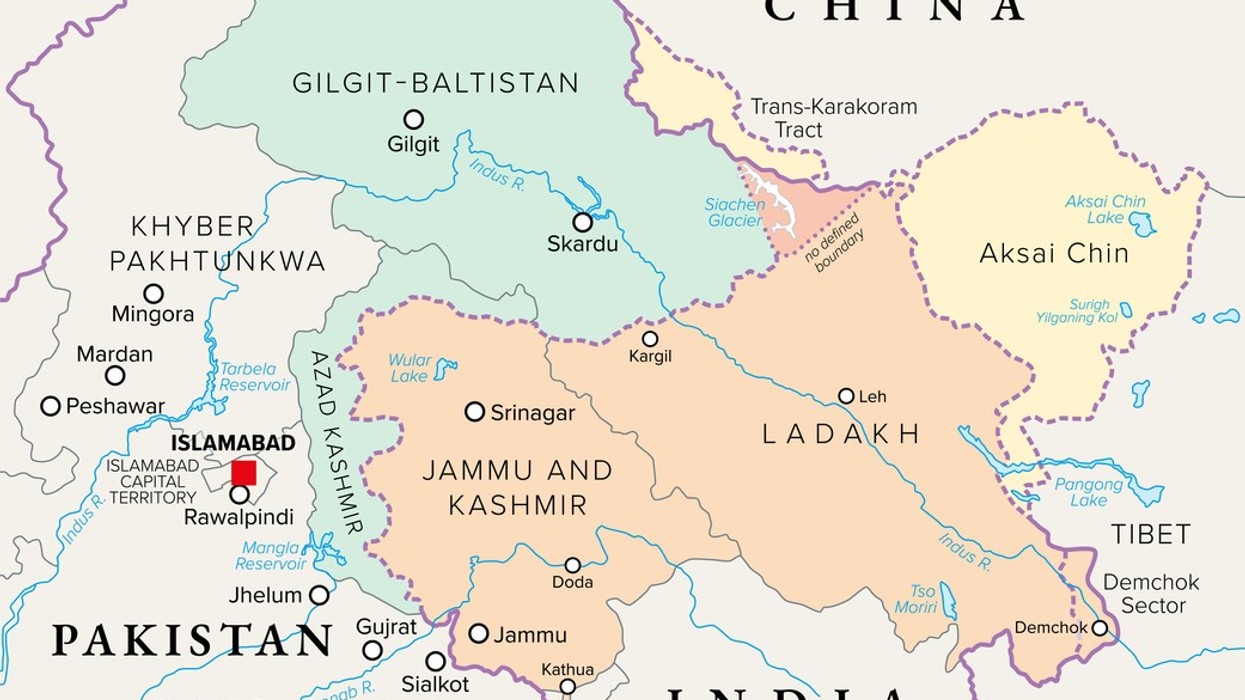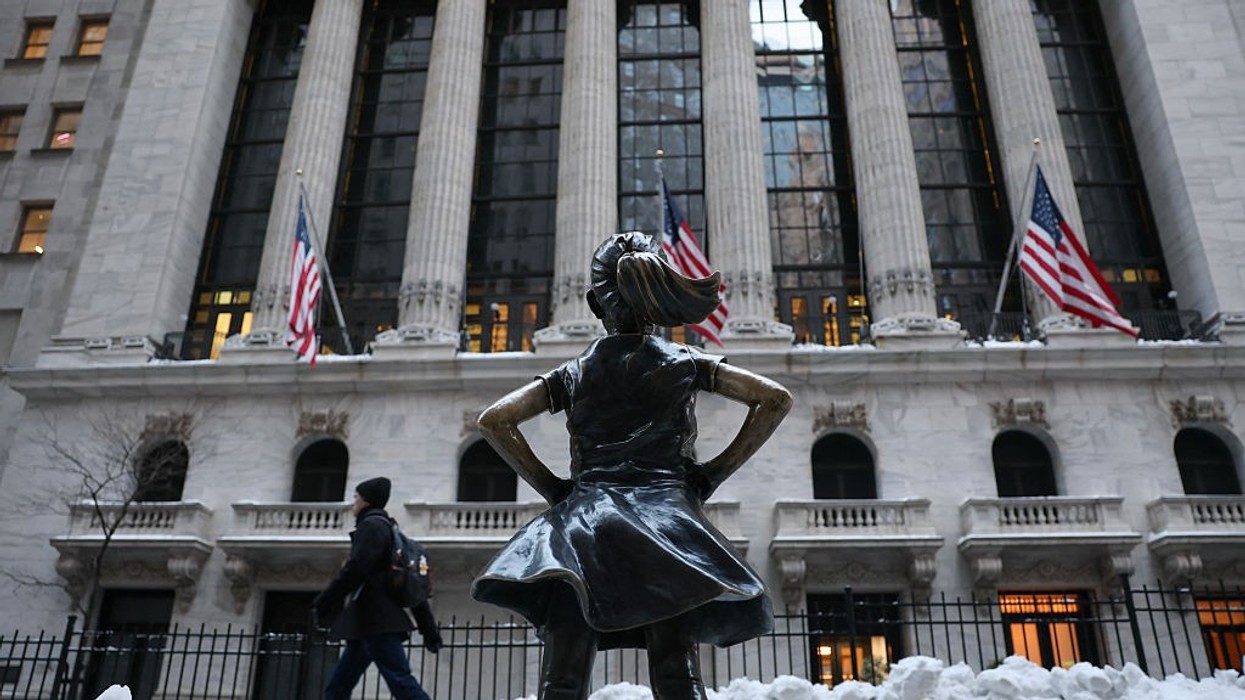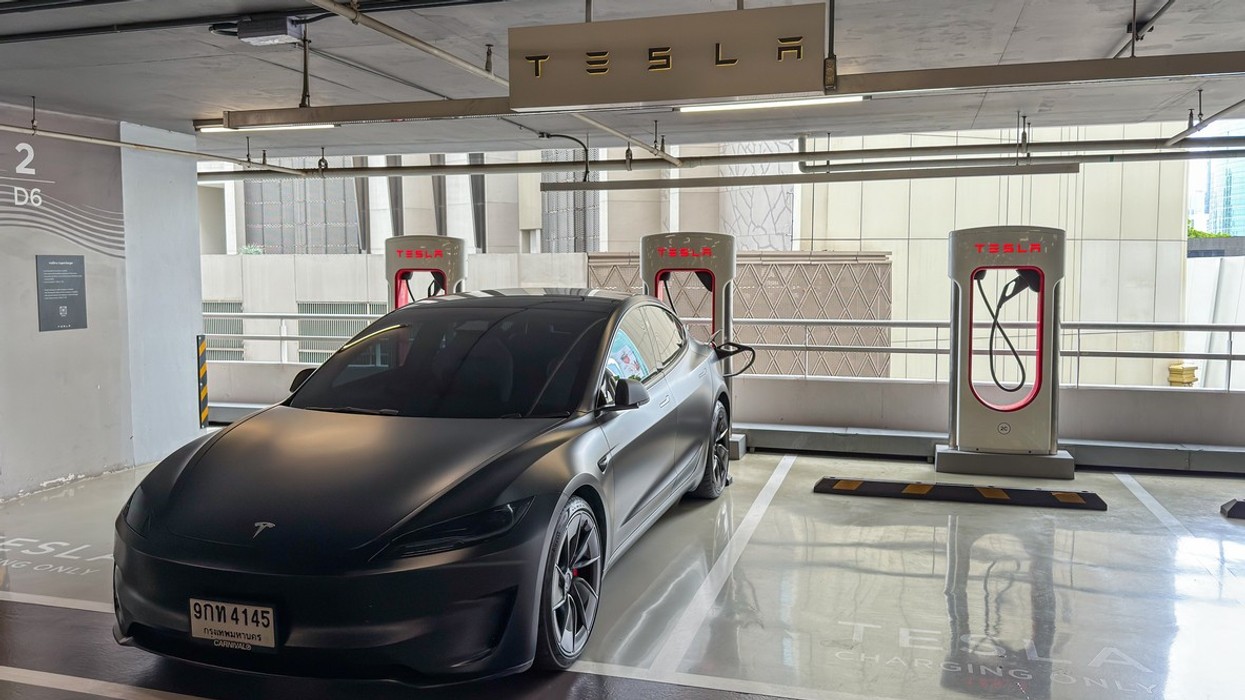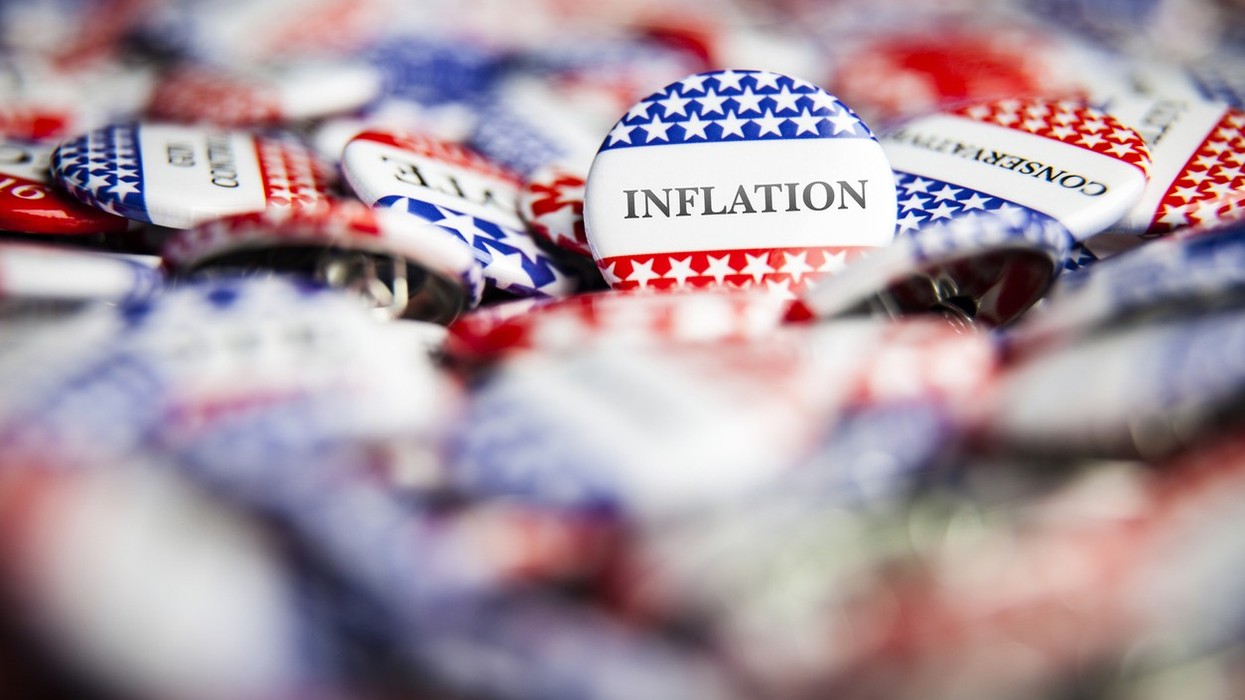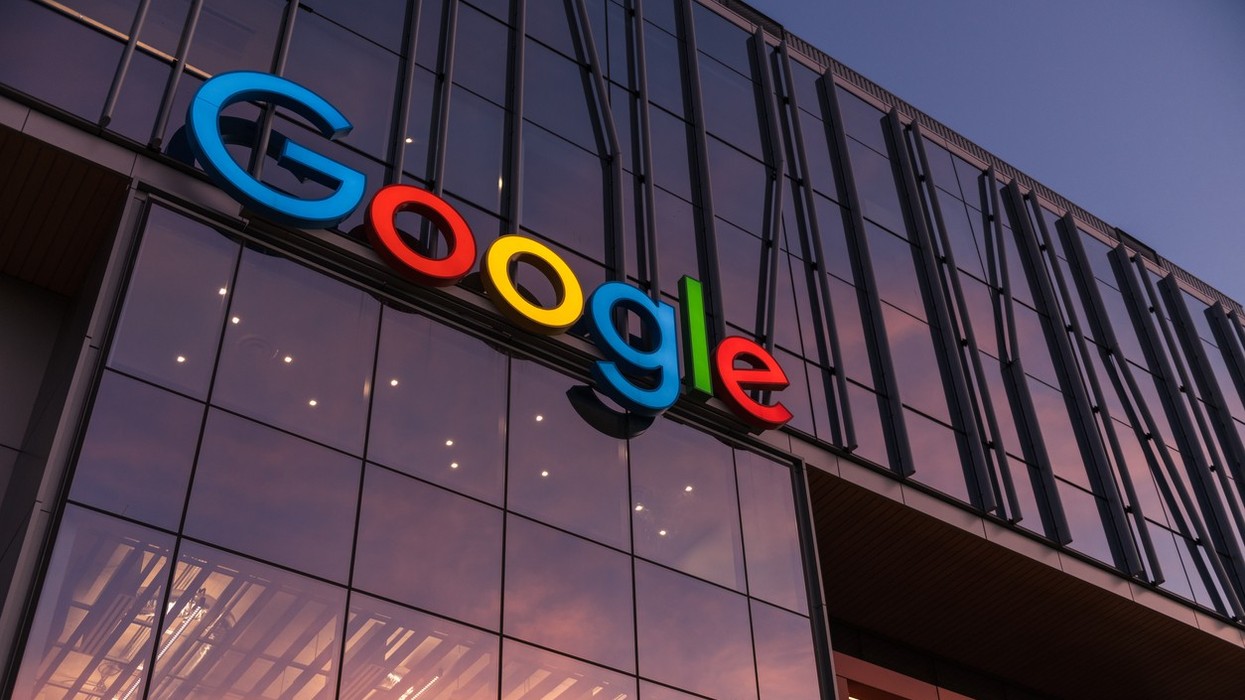- New US Senate bill proposes stricter rules for H-1B and L-1 visas.
- Indians, who make up 71 per cent of H-1B holders, will be most affected.
- Bill prioritizes STEM graduates and imposes penalties for wage violations.
- L-1 visa rules tightened to prevent misuse by multinational firms.
Experts caution it’s too early, as most immigration bills never become law.Just days after the Trump administration announced a steep $100,000 fee hike for H-1B visas, a new bill has been introduced in the US Senate that proposes even tighter rules for both H-1B and L-1 visas.
The move, backed by Republican Senator Chuck Grassley and Democratic Senator Dick Durbin, has bipartisan support and is likely to affect Indian workers the most, as they account for nearly 71 per cent of all H-1B beneficiaries.
Proposed policy of restricted hire
The proposed legislation aims to reshape the visa system by introducing stricter wage and recruitment rules for employers. Priority would be given to H-1B applicants holding STEM degrees, while companies that violate wage standards would face stiffer penalities. The goal, accoding to the lawmakers is to curb fraud, protect American jobs and ensure fair working coinditions.
“Major companies are laying off thousands of American workers while filing thousands of visa petitions for foreign workers at depressed wages and poor working conditions,” Senator Durbin said while presenting the bill. Both senators argued that the immigration system is broken and needs urgent reform to stop misuse.
The H-1B visa program allows US companies to hire highly skilled foreign professionals particularly in technology and science. Meanwhile, the L-1 visa system allows multinational companies to transfer employees from their overseas offices to the US. The new bill seeks to tighten loopholes in the L-1 visa system by limiting employee outplacement, raising oversight standards, and ensuring proper wage levels to prevent American job displacement.
These changes come on top of the Trump administration's push for stricter immigration norms. The recent fee hike and proposed lottery overhaul make it more expensive and complex for companies to hire foreign workers.
H1-B hiring is expensive after policy
Immigration lawyers point out that the proposed bill, if passed, could further raise compliance costs, especially for companies that depend on lower-wage employees or contract-based staffing.
Nicole Gunara, Principal Immigration Attorney at Manifest Law explained, “These changes would increase compliance requirements and likely make H-1B hiring more expensive, particularly for companies that have relied on lower wage levels or contract-based staffing.”
Conservative think tanks such as the Heritage Foundation have also noted that most H-1B positions are taken by young, entry-level workers from India and China. By prioritzing high-wage and highly skilled applicants, the new rules could reduce opportunities for this large group of workers.
However, experts also advise caution before drawing conclusions. Gunara pointed out that the bill is still at an early stage. “What is important to remember is that just 5% of more than 300 immigration bills proposed between 2015 to 2024 became law. So, it is too early to predict the final outcome,” she said.
Despite the uncertainty, it is clear that the US is moving toward reshaping its work visa systems to push companies to hire more American workers. US Commerce Secretary Howard Lutnick has already indicated that significant changes in the H-1B process could be implemented by February 2026. For now, Indian professionals and US-based companies remain watchful of the unfolding situation.


